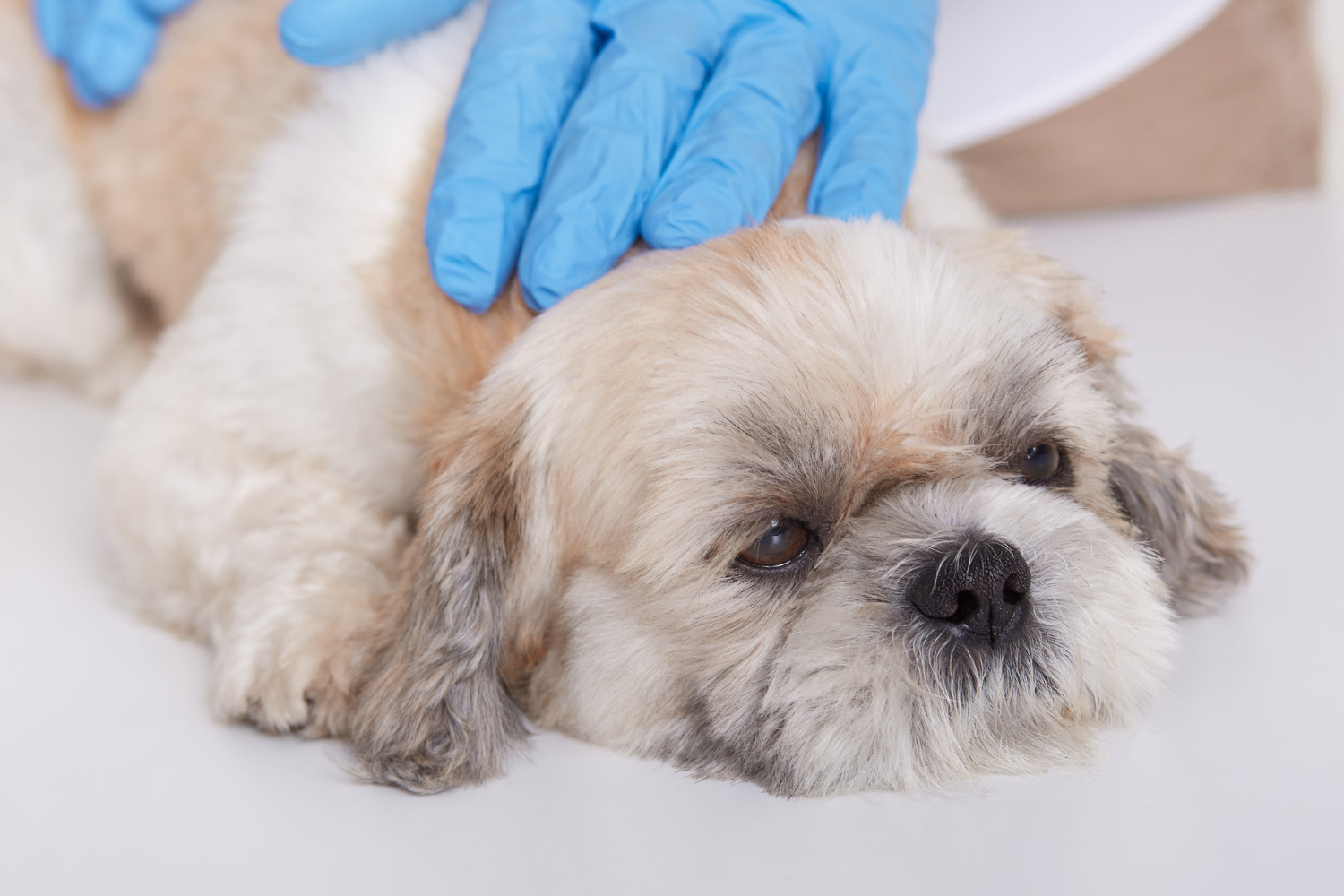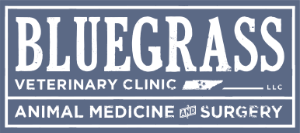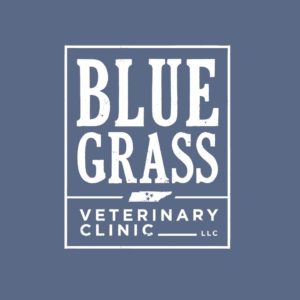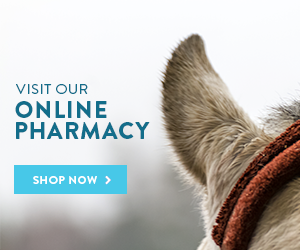Chocolate
Caffeine (coffee, tea, energy drinks)
Alcohol
Grapes and Raisins
Onions and Garlic (including powdered forms)
Chives
Xylitol (found in sugar-free gum and candies)
Macadamia Nuts
Avocado
Raw Dough with Yeast
Raw Meat and Bones (risk of Salmonella and E. coli)
Fat Trimmings
Salty Foods
Human Medicines (like acetaminophen, ibuprofen, and some antidepressants)
Sugar and Sugary Foods
Nutmeg
Moldy Foods
Cooked Bones (can splinter and cause internal damage)
Certain Fruits (like cherries, which contain cyanide)
Citrus Fruits (oranges, lemons, limes, grapefruits)
Dairy Products (many dogs are lactose intolerant)
Raw Eggs
Always keep these foods out of reach, and if you suspect your dog has ingested any of these, contact your veterinarian immediately.
The information provided in this article is intended for general informational purposes only and is not a substitute for professional medical advice, diagnosis, or treatment. If you believe your pet is experiencing a medical emergency, please contact your local emergency veterinarian immediately. Always consult with a qualified veterinary professional regarding any concerns about your pet’s health.









